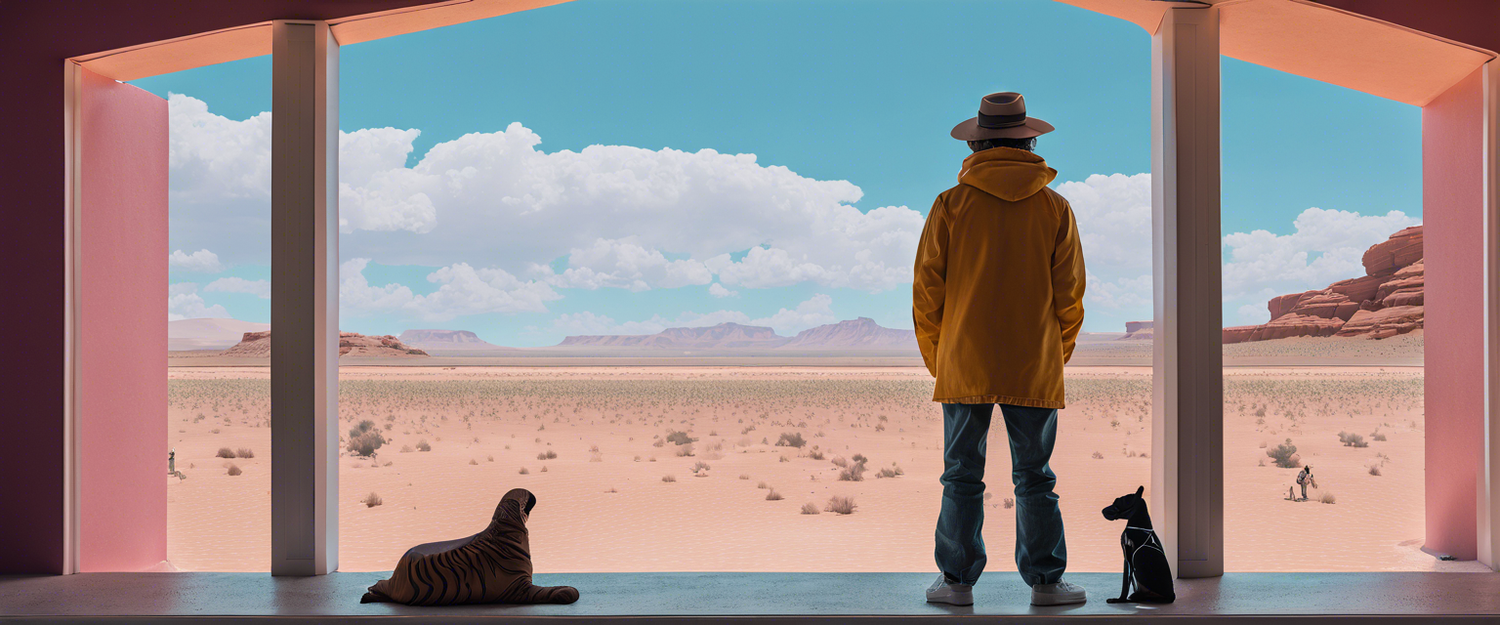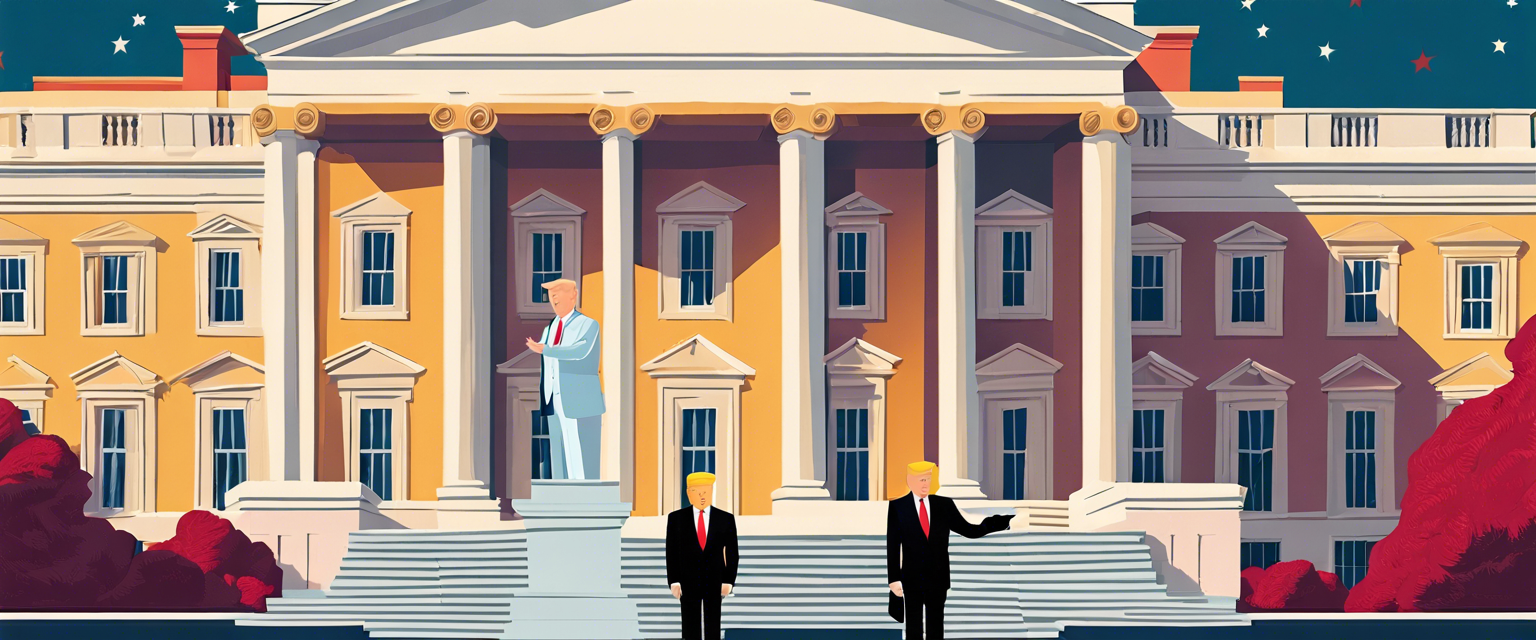OpenAI's Sora: The Controversial Leak and Its Implications for Artists
In a striking turn of events, OpenAI's unreleased text-to-video tool, Sora, found itself at the center of controversy when a group of artists and testers leaked its front-end version. This act of protest stems from claims regarding unpaid research and development, shedding light on the precarious relationship between tech companies and the creative community.
The Leak of Sora
On November 26, the group, known as PR-Puppets, published the tool on the AI developer platform HuggingFace. The leak of Sora allowed the public to experiment with its capabilities, although OpenAI stepped in quickly to shut it down.
Allegations Against OpenAI
The artists and beta testers involved allege that they were poorly treated during the development of Sora, which has garnered a valuation of $157 billion. They claim to have been promised roles as creative partners and testers, but instead, they believe their contributions were exploited for 'art washing', a term signifying the use of artists to promote technology without providing due compensation or recognition.
Unpaid Labor and Exclusion
According to the group’s open letter, "hundreds of artists" contributed unpaid labor through extensive bug testing and feedback loops, only to find themselves excluded from acknowledgment or financial reward. This raises vital questions about how tech companies should engage with the creative workforce and the importance of fair compensation.
Features of the Leaked Tool
During the hours that the leaked version of Sora was accessible, users took to social media platform X to share impressive videos generated by the tool. Reviews highlighted Sora's capability to handle complex animations, a remarkable feat for any emerging video AI. Observers noted that the leaked variant appeared to be a faster 'turbo' edition and hinted at future options for customization and control over style in video generation.
Development and Training
Sora was first showcased by OpenAI on February 16, where it demonstrated its ability to create hyper-realistic video content from straightforward prompts. Reports indicated that OpenAI leveraged hundreds of millions of hours of video clips to ensure the refinement and variety of footage AI-generated by Sora.
Industry Reactions and OpenAI's Response
As the news of the leak circulated, the broader tech and art communities expressed concern over OpenAI's practices. Although requests for comments from OpenAI regarding the incident and the artists' allegations have gone unanswered, the situation highlights an increasing scrutiny surrounding corporate accountability in tech.
Conclusion
The leak of OpenAI's Sora raises significant ethical questions about the treatment of artists in the tech industry and the balance between innovation and fair compensation. As we move forward, these discussions are likely to shape the future interactions between technology developers and the creative workforce.



Leave a comment
All comments are moderated before being published.
Trang web này được bảo vệ bằng hCaptcha. Ngoài ra, cũng áp dụng Chính sách quyền riêng tư và Điều khoản dịch vụ của hCaptcha.